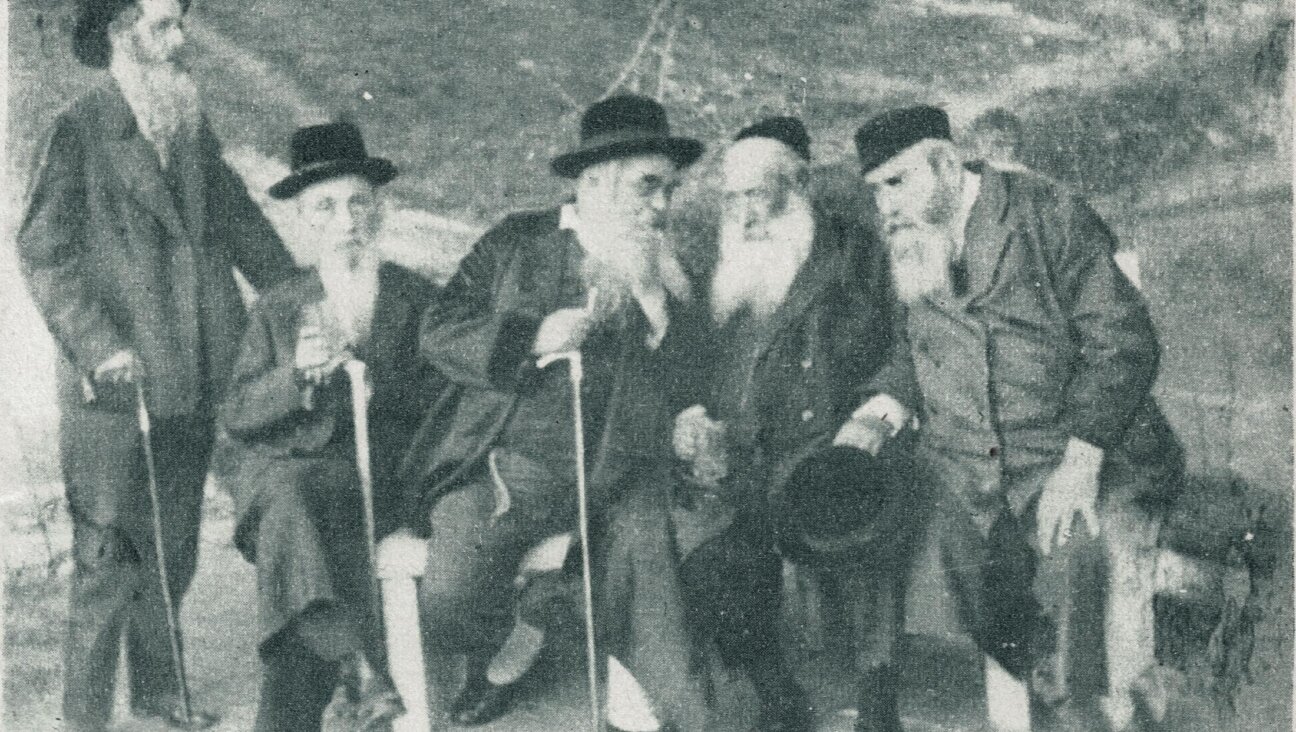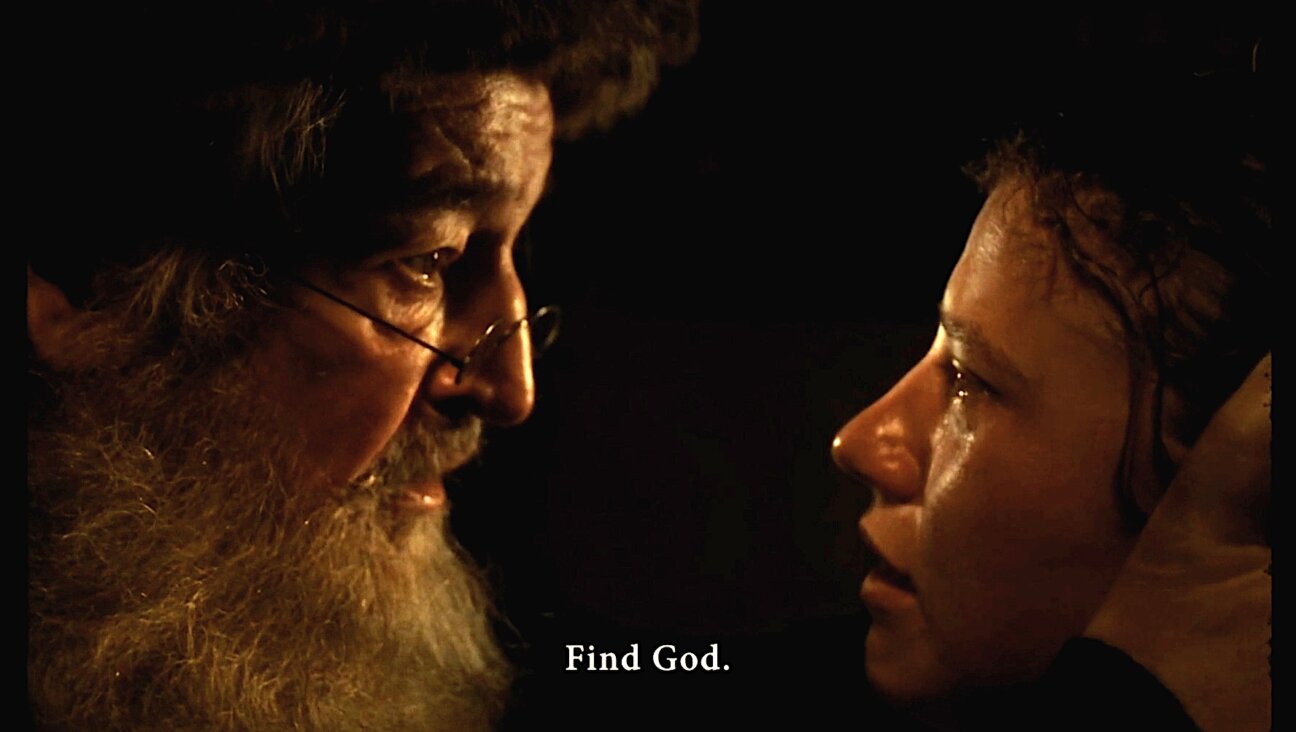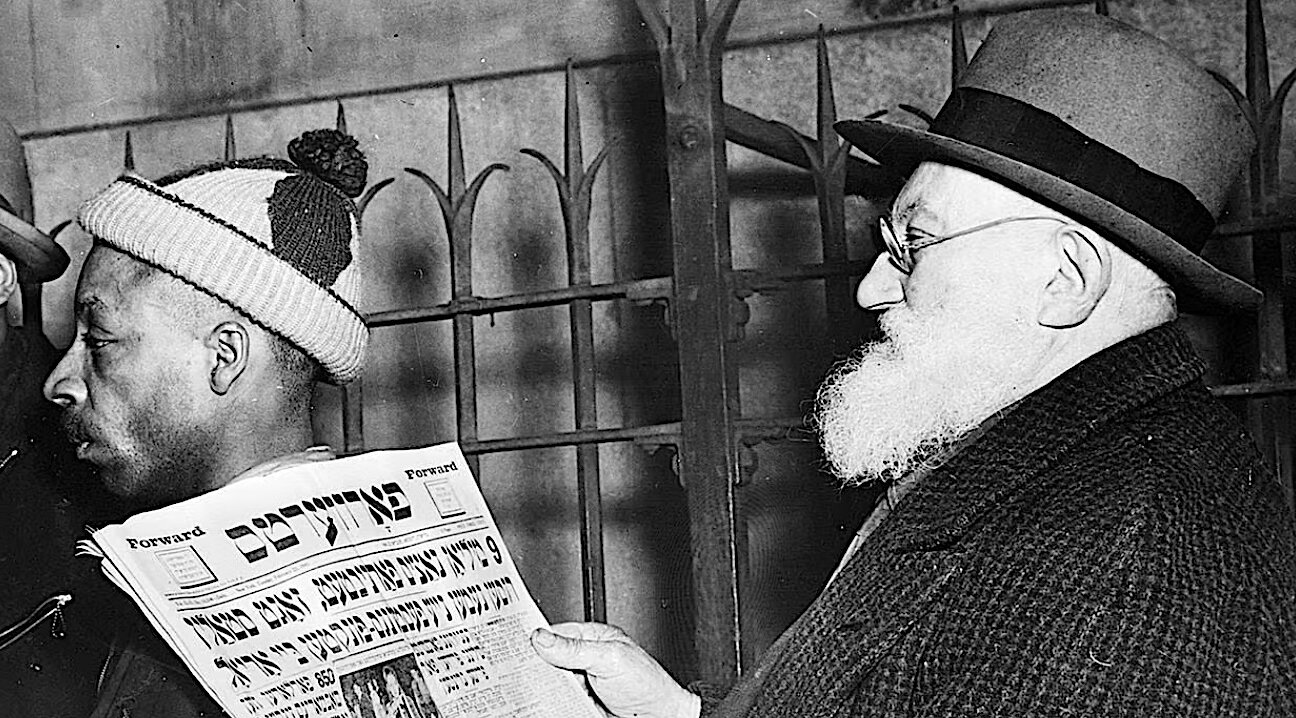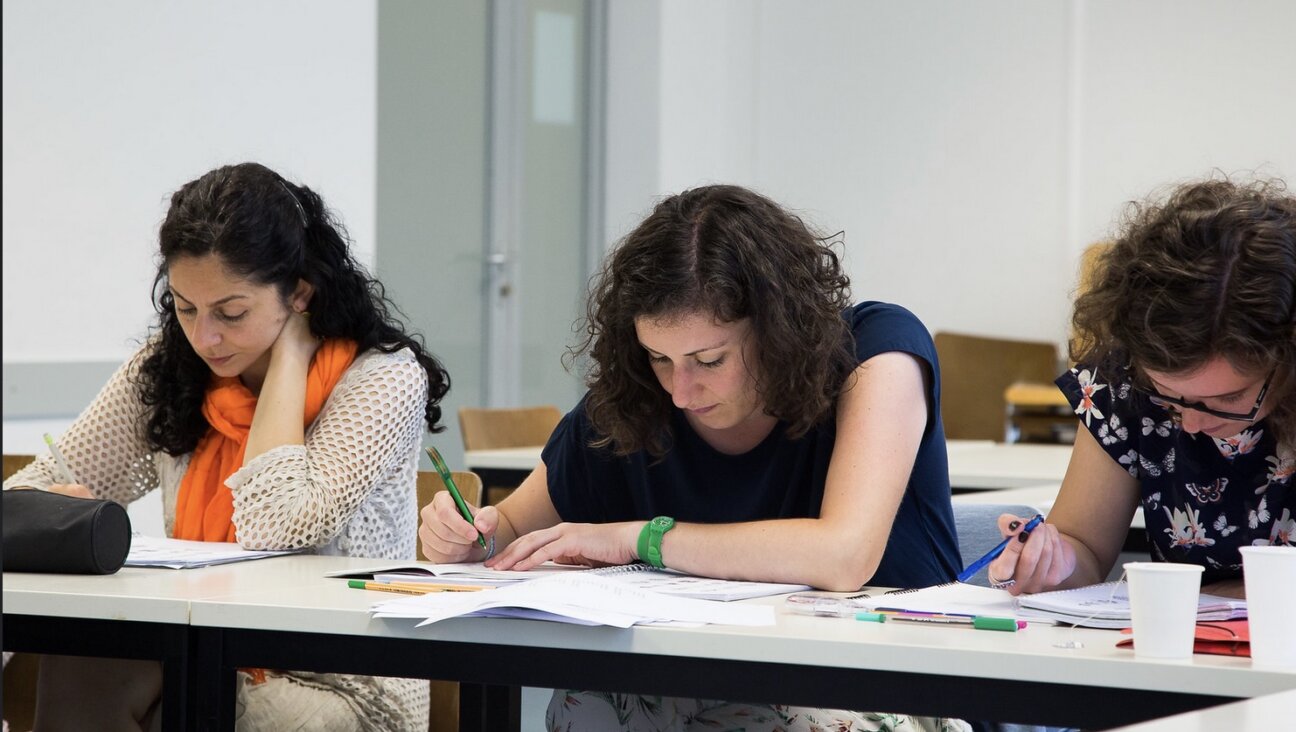Conference to promote the study of Eastern European Jewry in Ukraine
Papers are being sought on aspects of shtetl life, religious and intellectual thought and Yiddish language and culture

A postcard photo of Galician Jews in the resort town of Truskavets, Ukraine, in the 1920s or 30s Photo by Wikimedia Commons
Organizers of an international conference on the history, culture and traditions of East European Jewry between the late Middle Ages and 1939 are seeking papers for the event, to take place on April 21-23 in Kamianets-Podilskyi, Ukraine.
Participation is free of charge. There is a possibility that there will be online participation as well.
The conference aims to promote the study of Eastern European Jewry in Ukraine and beyond; to activate the development of Judaica as a separate branch of Oriental studies in Ukrainian academic institutions, and to create a platform for academic communication between Ukrainian specialists in the field and leading scholars abroad.
The event is open to academics, teachers, graduate students, museum personnel, archivists and librarians. All papers need to be in either Ukrainian or English.
Among the topics planned for discussion:
- The shtetl as a traditional community, its town space, demography and interethnic relations
- Religious and intellectual thought, including Rabbinical Judaism, Hasidism, Lithuanian Judaism, the Enlightenment and marginal religious movements
- The ethnography and history of everyday life, including folklore, musical traditions, rites and customs
- Socio-political life: Zionism and other political movements, charity organizations and philanthropy
- Aspects of Yiddishland – its language, literature and culture
- Eastern European non-Ashkenazi Jewry such as the Sephardim, Karaites and Krymchaks
Applications to present papers will be accepted until March 23, 2025. For more information on how to apply, click here.
A message from our Publisher & CEO Rachel Fishman Feddersen

I hope you appreciated this article. Before you go, I’d like to ask you to please support the Forward’s award-winning, nonprofit journalism during this critical time.
At a time when other newsrooms are closing or cutting back, the Forward has removed its paywall and invested additional resources to report on the ground from Israel and around the U.S. on the impact of the war, rising antisemitism and polarized discourse.
Readers like you make it all possible. Support our work by becoming a Forward Member and connect with our journalism and your community.
— Rachel Fishman Feddersen, Publisher and CEO






























